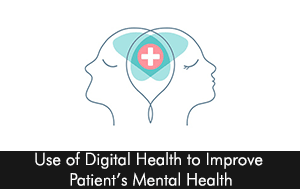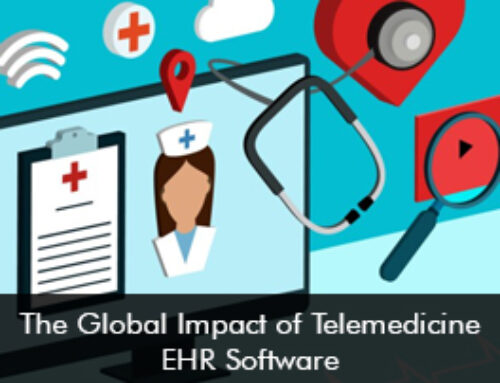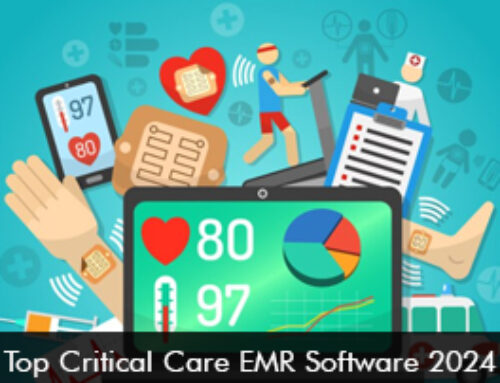Behavior disorders and mood and anxiety disorders are rising due to the current COVID-19 pandemic situation. More and more people of all age groups are sinking into depression as they are losing their jobs and can’t go out to meet relatives and friends. It was recorded that about 44.7 million American adults experienced a mental health illness in the year 2016.
These statistics are nonetheless alarming but the good news is that health systems in the USA are looking forward to ways to transform mental health care. These systems are looking at digital health options to find optimal and accessible solutions that can enhance mental care and lower costs.
4 Ways How Digital Health Can Help Improve Patient’s Mental Health Conditions
Let’s look at the 4 ways how digital health can help improve patient’s mental health conditions.
- Increased access to care with digital therapy – A recent study conducted in the American Journal of Preventive Medicine found out that the majority of non-metropolitan areas lacked psychologists and psychiatrists. Digital health options and solutions can help patients to access therapists promptly regardless of where they are situated, this will help to fill in gaps of supply by healthcare systems as access increases. Digital therapy for depression and anxiety can be provided through online sessions with therapists. The easy connectivity with mental healthcare providers helps patients to seek treatment remotely.
- Early identification through screening – When you have a shortage of therapists and mental health providers you are likely to grow up with behavior disorders as early identification is not made. Mental health conditions are usually under-diagnosed or under-treated. It is noted that have mental illnesses occur before the age of 14. Digital technology helps to screen patients and provide a timely diagnosis. Screening for mental health conditions in the primary care space can support identifying concerns that the patient may not feel comfortable to voice them.
- Convenient care options reduce the stigma of seeking a mental cure – Even in the US stigma is a great barricade in receiving mental care. Digital health solutions are breaking the barriers to that more and more patients can consult their therapists from the comfort of their homes. There is a sense of safety and convenience in getting the right mental treatment without having to leave your home. Digital therapy can be prescribed by providers to patients but they can also be acquired by patients who want the treatment privately.
- Tracking of Outcomes – Tracking outcomes of mental health interventions helps to manage the patient’s mental health in the best possible way. Outcomes include medication and psychological assessments. Digital tools make it possible for mental healthcare providers to track if their patients are meeting their treatment goals or not. Through digital health technology, therapists can view patient trends which helps to improve patient care.
Wrapping it up
Digital health is being embraced by healthcare systems to improve care coordination and facilitate patient monitoring in the long-run. Many healthcare systems for example The Wisconsin Health network uses apps through its Epic electronic health records software system to help and support patients with mental health conditions such as anxiety and depression. Digital health empowers patients to take control of their health and care which is very important in the overall treatment process. We also need to break this stigma by making it easier for patients to access treatment and address their mental problems. Digital solutions are continuing to grow and evolve and it is good to see that both health care systems and patients are ready to make use of this robust option.







